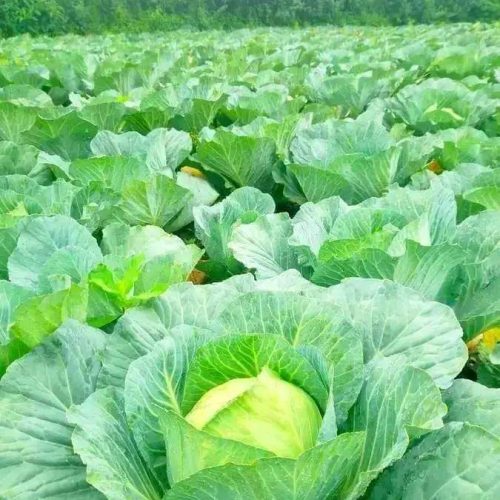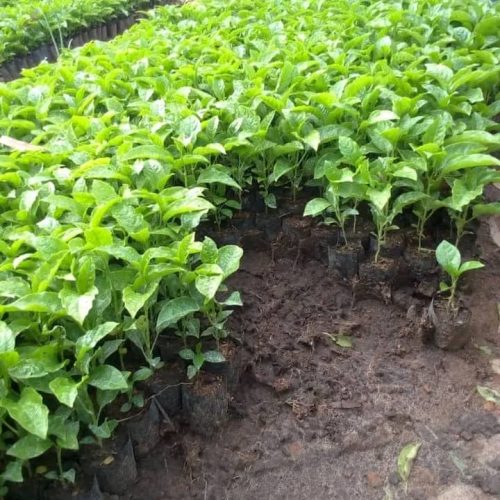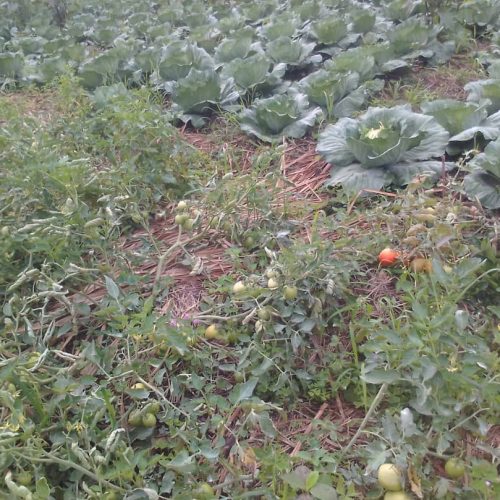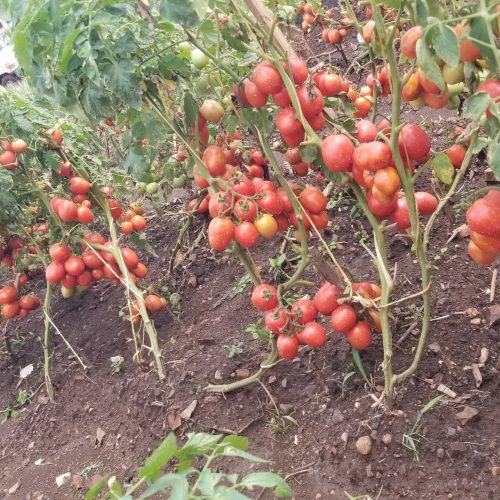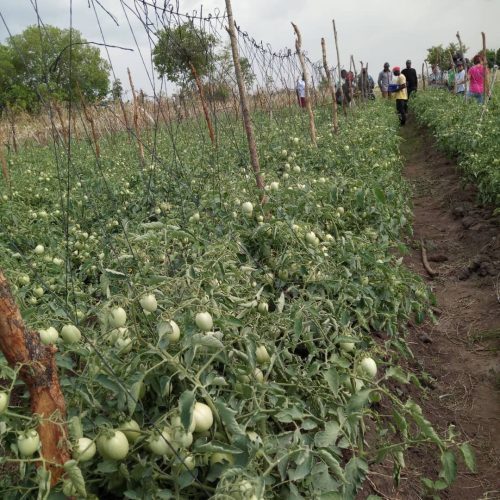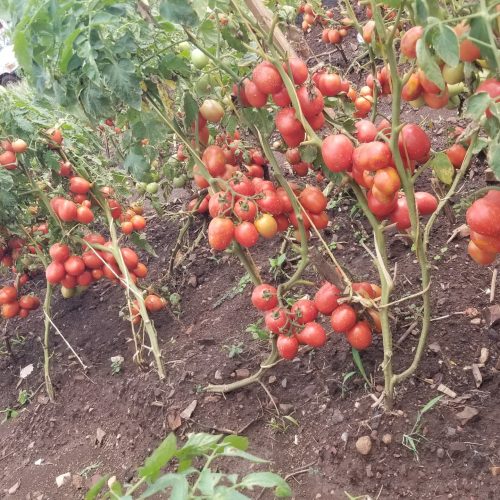Sustainable Farming,
Flourishing Futures
JDI - Delivering Community Agriculture
Agriculture plays a crucial role in Uganda’s economy, directly impacting the livelihoods of the vast majority of its population. Recognizing this, the Jalwiny Development Initiative (JDI) aims to address the systemic issues faced by rural farmers, particularly women and youth, to promote sustainable agricultural practices and empower communities. Read on to learn more about the current landscape of agriculture in Uganda, the challenges, and how the JDI initiative seeks to make a meaningful difference in the community.
The National Case
Agriculture is the backbone of Uganda’s economy, employing approximately 80% of the population and contributing to half of the country’s export earnings and a quarter of its gross domestic product (GDP). With over 75% of Ugandans living in rural areas, agricultural income enhancement is vital for alleviating poverty, fostering prosperity, and generating employment opportunities, especially for women and youth. The growing population and rising incomes have led to increased food and agro-processed product demands, exerting pressure on the environment. Needless to say, this is exacerbated by climate change, reliance on rainfed agriculture, and various socio-economic challenges, including land ownership insecurity and limited access to quality inputs.
Rural Communities
In 2020, about 33.2 million people in Uganda resided in rural areas, with nearly 42% being women. Many rural residents live in poverty, lacking access to supply chains and effective storage methods for their harvest, which leads to significant post-harvest losses—estimated at 10-15% for grains and 20-25% for root crops. This underdeveloped supply chain deters manufacturers from investing in necessary infrastructure, compounding challenges for small-scale farmers. Moreover, many farmers are untrained in post-harvest management, which further impacts their productivity and profitability.
We Grow!
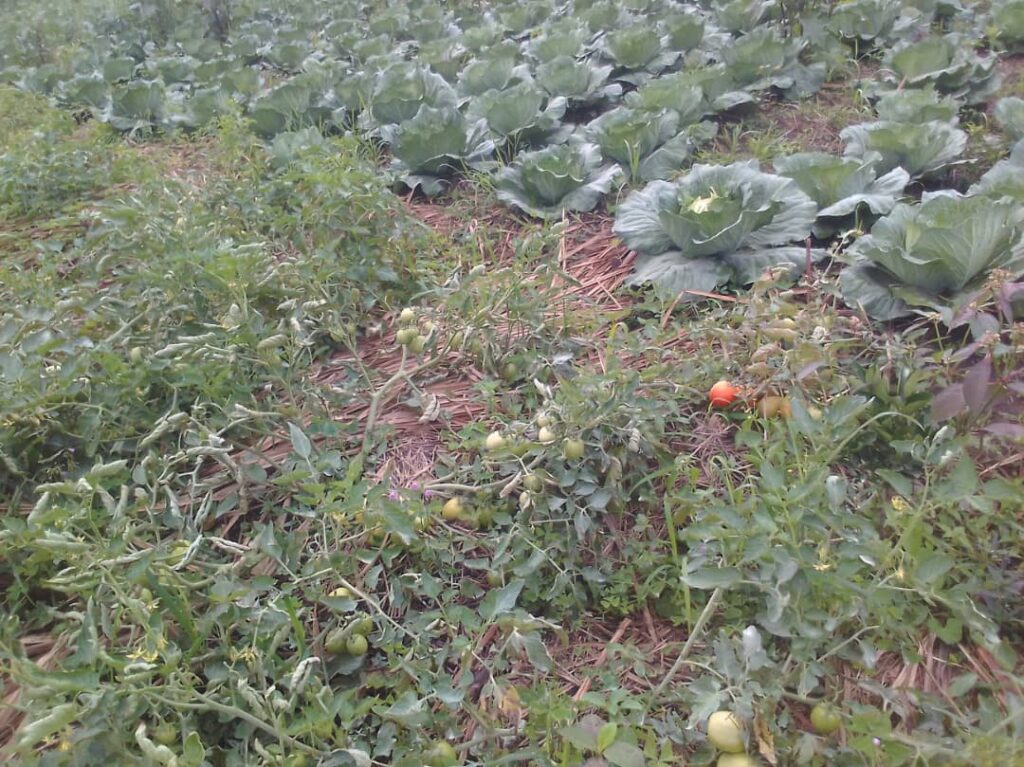
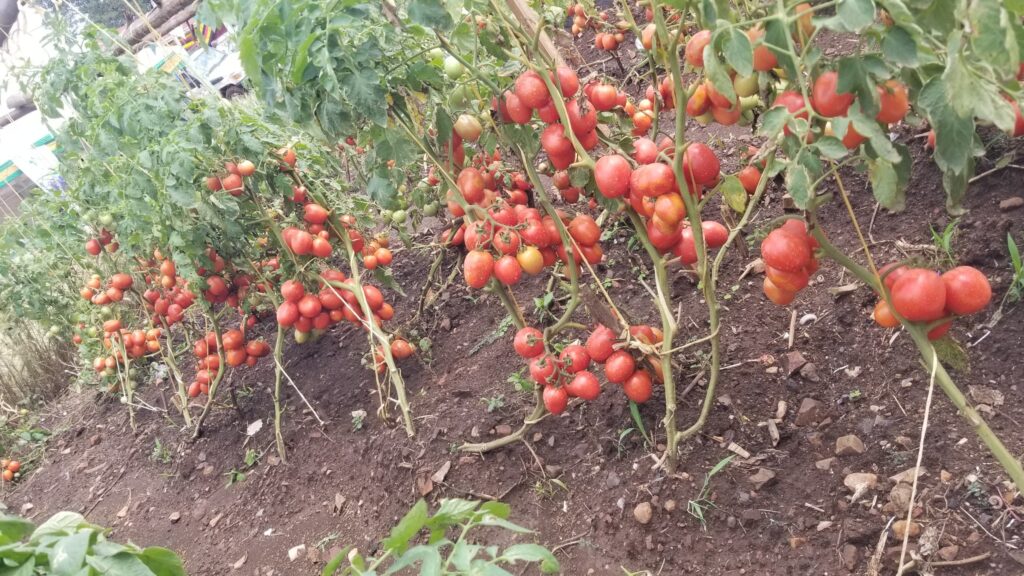
Our Challenges
A critical issue in the agricultural landscape is the significant gender gap in productivity, with women shouldering disproportionate unpaid labor and facing cultural barriers that limit their participation in higher-value activities. Access to land remains a major hurdle, with men predominantly owning land, which restricts women’s ability to grow cash crops or improve their living conditions. Additionally, the agricultural sector in Uganda is primarily focused on subsistence farming, with limited emphasis on processing or marketing produce. Though many women run businesses, they often lack the skills necessary for growth. Early marriage and poverty have variously been cited as contributing to inadequate training and knowledge.
The infrastructure deficit also presents a considerable challenge. Rural areas face poor road networks, lack of storage facilities, and insufficient processing plants, which are critical for processing and transporting goods to market. Climate change poses further risks, contributing to erratic weather patterns that disrupt farming cycles and decrease productivity, thereby affecting food availability.
The JDI Difference
The Jalwiny Development Initiative aims to bridge these gaps by facilitating access to land for women and youth, promoting culturally appropriate solutions that involve men as key allies. JDI intends to mobilize private investment and bank financing to establish storage infrastructure, support farmer cooperatives, and enhance business capacity. Furthermore, JDI plans to focus on training programs in post-harvest management, and assistance to enable access to warehouses, ultimately aiming to help expand market opportunities.
JDI plans to implement programs such as the Women Mean Business initiative to enhance entrepreneurship and marketing skills among women. This includes providing access to interest-free credit through a Women Enterprise Fund to support business growth. Additionally, the establishment of women’s climate centers will empower female farmers to lead in climate adaptation strategies, reinforcing the need for multidisciplinary approaches to address the unique challenges of agriculture in Uganda.
By addressing these systemic issues, JDI strives to realize the enormous potential of Uganda’s agriculture sector, transforming the lives of smallholder community farmers primarily in Zombo district, and meaningfully contributing to national economic growth through agriculture.
